Apple iPhone faces 15% U.S. import tax starting this Sunday
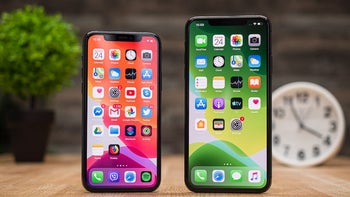
Next Sunday, December 15th, another tier of Chinese goods will face a 15% U.S. import tax including the Apple iPhone. First, we need to clear up something. The tariffs imposed by President Donald Trump are merely an import tax and despite what the president claims, China is not paying millions to the U.S. because of them. In fact, the total amount of money that China has handed over to the U.S. Treasury because of the tariffs is $0. That is because American companies and consumers pay the tariffs.
Let's use Apple as an example. The company designs its products in the U.S. and manufacturers the majority of them in China; as a result, when these devices are shipped into the U.S., they are taxed by the U.S. government. Apple then can decide to pay all or part of the tax. So far, it has eaten the cost of the tariffs on products like the Apple Watch. That cuts its profit margins on affected products. Other companies have decided to pass some or all of the additional cost on to its customers in the form of higher prices.
Analyst says that Apple has the most to lose or gain depending on whether the next tier of tariffs takes effect next week
The iPhone and the other products facing the December 15th deadline were originally supposed to have been taxed starting in September, but the president pushed the start date back to December so that the U.S. economy would not face disruptions from higher prices during the holiday shopping season. Today, securities firm Wedbush told clients (via SeekingAlpha) that Apple has the most to lose or gain depending on whether the 15% tariffs go forward on December 15th as planned.
Analyst Dan Ives says that 40% of iPhone units sold globally are shipped from the states. If the tariffs do go into effect on December 15th, Ives says that it will result in a 4% hit to Apple's fiscal 2020 earnings per share figure. "To this point, the first and major question on the minds of investors is around if Apple will fully absorb this tariff from iPhones and other hardware (Macs, iPads, AirPods) produced from its flagship Foxconn factory in China if this tariff situation heads into 2020, or instead directly pass the incremental costs to consumers which will modestly dent demand in the US," Ives wrote.
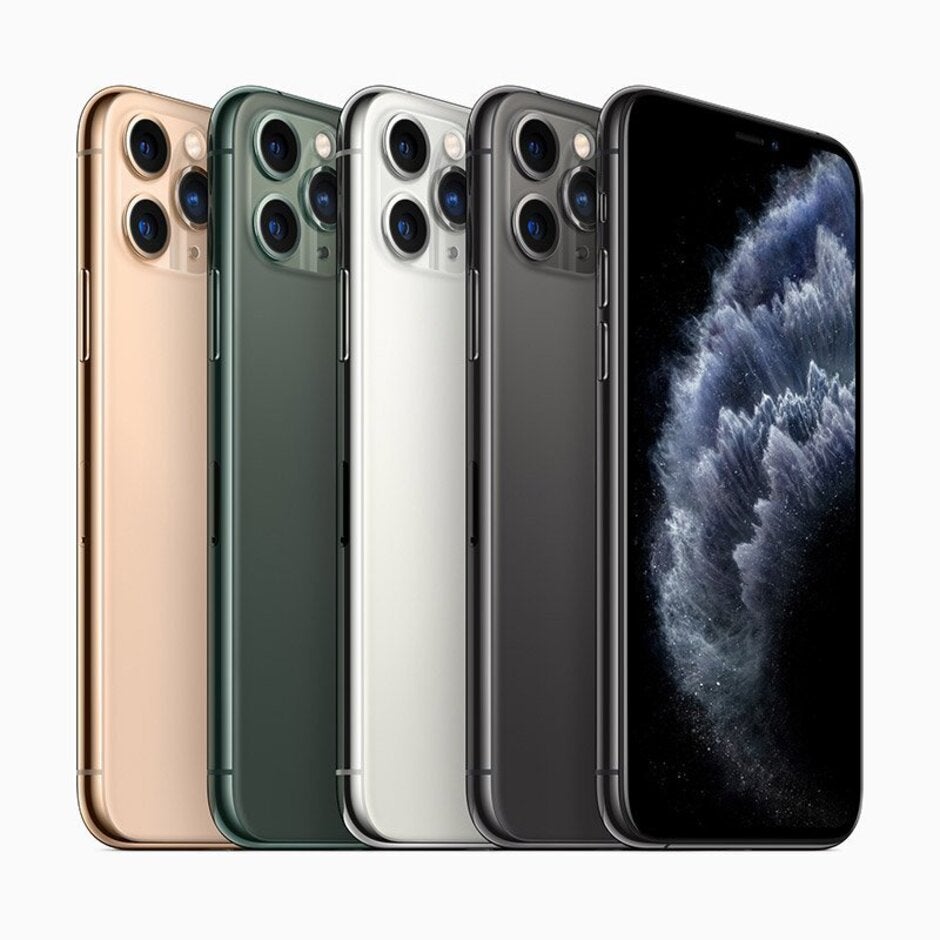
Apple faces a 15% import tax on the iPhone starting December 15th
China hopes that there still is time to reach a trade agreement with the U.S. before the next tier of tariffs goes into effect. According to Reuters, China's Assistant Commerce Minister Ren Hongbin said today, "On the question of China-U.S. trade talks and negotiations, we wish that both sides can, on the foundation of equality and mutual respect, push forward negotiations, and in consideration of each others' core interests, reach an agreement that satisfies all sides as soon as possible." The two countries are negotiating "phase one" of a deal that would stop both sides from ramping up tariffs and other trade restrictions. The U.S. wants China to commit to purchases of American agricultural products, and agree to follow certain rules on intellectual property and currency. The U.S. also would like China to open up its financial markets. The Chinese are asking the U.S. to remove tariffs previously imposed on $375 million of goods and cancel the tariffs on $156 million of Chinese exports scheduled to begin on December 15th.
White House economic adviser Lawrence Kudlow said last week that while both sides are communicating daily, there are no plans yet for face-to-face talks. Last week, President Trump said, "We’ll have to see, but right now we’re moving along. On December 15th, something could happen, but we are not discussing that yet. We are having very good discussions with China, however." In other words, the situation is fluid and anything might happen before next Sunday arrives.

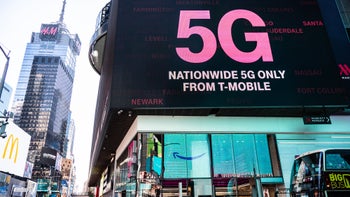
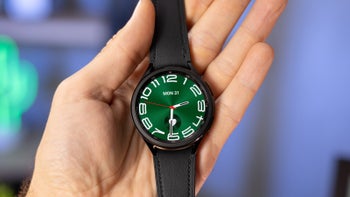
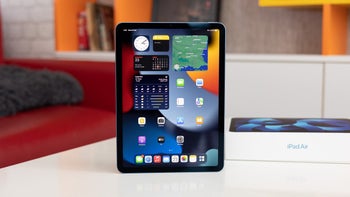

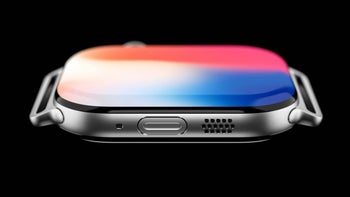
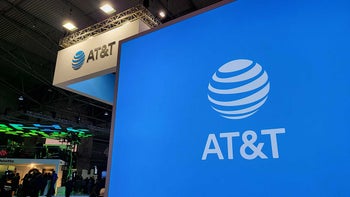
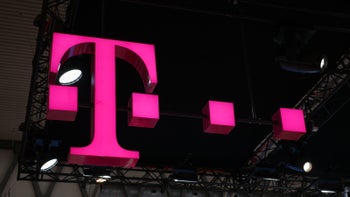
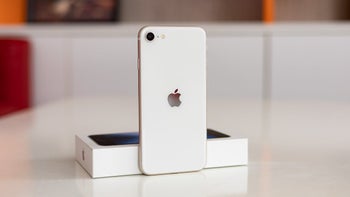

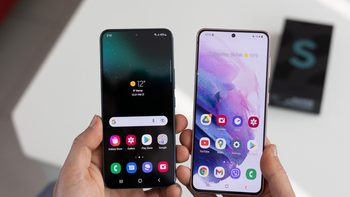

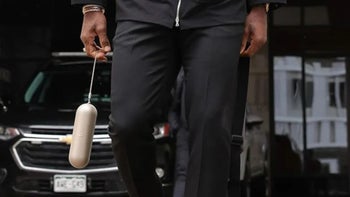
Things that are NOT allowed: